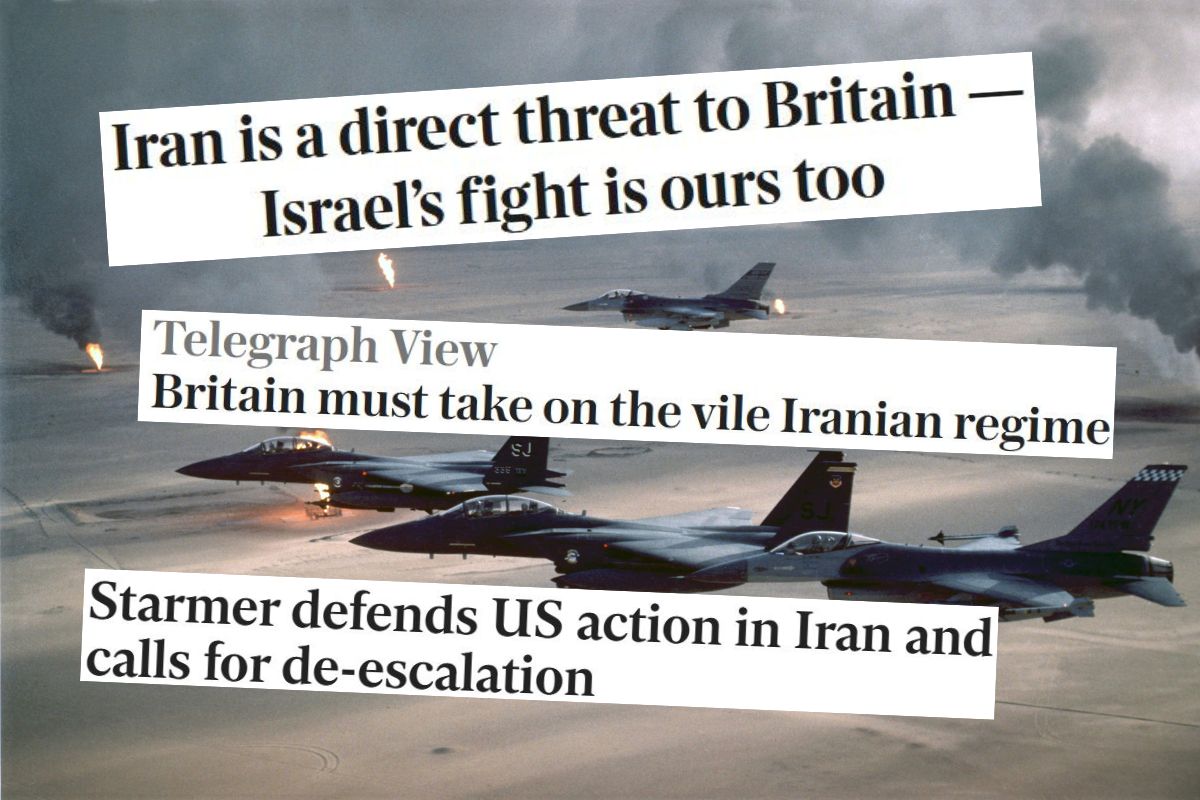The BBC is set to chop hundreds of jobs in response to decreased funding. Those at the top, however, will continue to enjoy their perks and bulging pay packets. The unions must take action against these attacks.
BBC staff, especially its journalists, have had a nasty New Year shock with the announcement by senior management of yet more job cuts.
Just before Christmas, Beeb bosses announced a cull of 60 jobs at the World Service. Now staff have been told that 380 jobs are to go from the news departments, along with 60 more from network radio. The broadcaster is also planning to start putting a new operational model into effect, which may well lead to a further 300 job losses, with more to follow.
The Victoria Derbyshire programme is to go. Sizeable cuts will be seen at Radio 5 Live. And resources will be merged and reduced at a number of news programmes, including Newsnight..
BBC chiefs have spewed out all manner of positive sounding claptrap about these cuts and changes. But the reality of the situation was summed up by the immediate resignation of Sarah Sands, editor of the Today programme on Radio 4, who said that she would rather leave than see the show destroyed under her watch.
Management wants to implement £80 million in savings from news by 2022. This is part of a £800 million programme of cuts across the whole of the BBC.
All this is on the back of what has been an ongoing process of cuts at the Corporation going back years. Way back in 2004, 2,900 job cuts were announced over a three-year period. This, staff were told, was to make the BBC viable. Since then, Beeb workers have had to face the same old story, year on year.
Fran Unsworth (head of BBC News) has announced there will 450 job losses to save #BBCNews £80M.
Surely the first cuts should be the very high salries paid to top presenters and senior managers? ?https://t.co/SeFi2XeV3j
— The Last Girly Swots to join Tw❄️tter! (@TheLastPersont2) January 29, 2020
No cuts at the top
Ironically, the only exception to this cost cutting has been the pay of a select few at the top. This has attracted more than a little publicity.
In fact, the BBC has been the subject of numerous accusations of sexism, bullying and unfair practices in recent years. For example, there was the controversial treatment of Naga Munchetty, as well as the successful case brought by Samira Ahmed against the BBC over pay inequality. These are just the most high-profile indications of a management obsessed with cost cutting and appeasing the establishment, rather than providing quality broadcasting.
It seems the BBC’s approach of cuddling up to the government has failed to work, however. The Tories are much happier listening to voices in the private media sector – especially Murdoch, of course. All of these billionaire media barons want the BBC cutback and opened up to increased privatisation. The attack on the license fee is all part of this.
These cuts will impact on the quality of the service provided, further diminishing the standing of what was once seen as a great institution.
In truth, this has always been an illusion. The myth of BBC impartiality has hidden the truth: that it reflects and represents the views and interests of the British establishment. These cuts will simply make this fact more obvious.
The task now is for the unions affected to draw up a plan of action. This must involve industrial action, and must offer a clear alternative – one where the BBC is run by and for the people.






